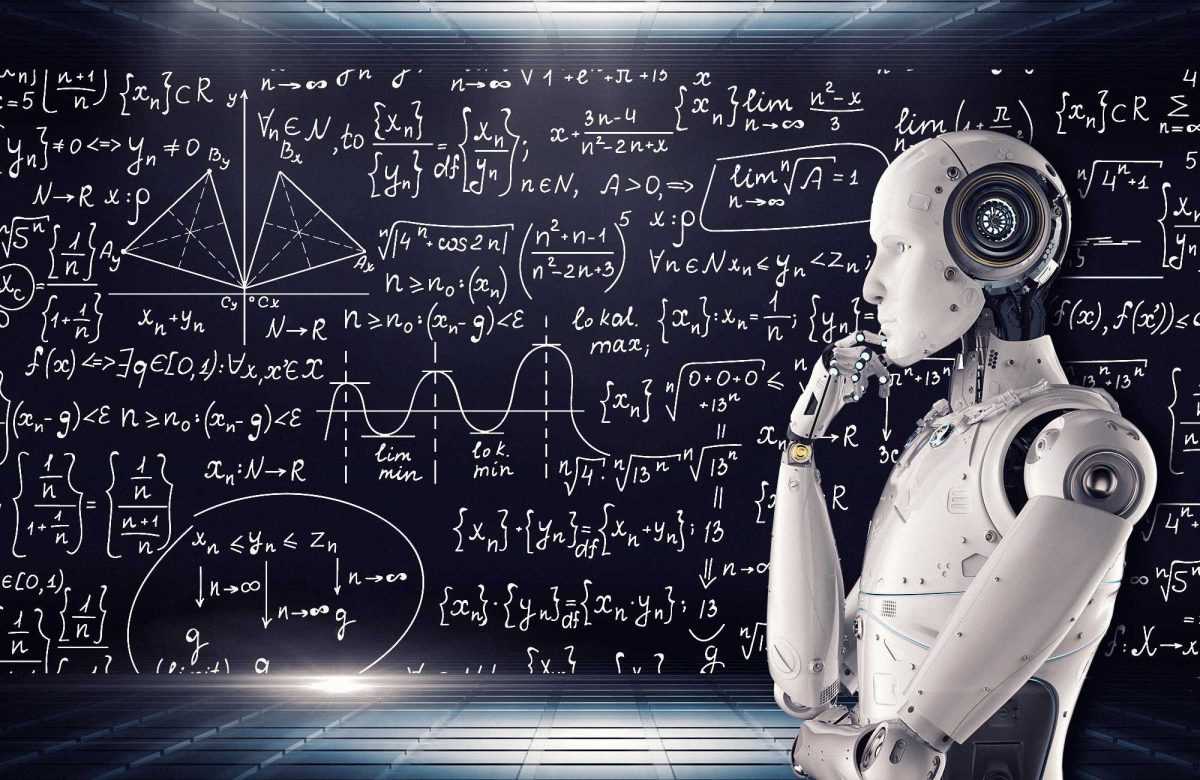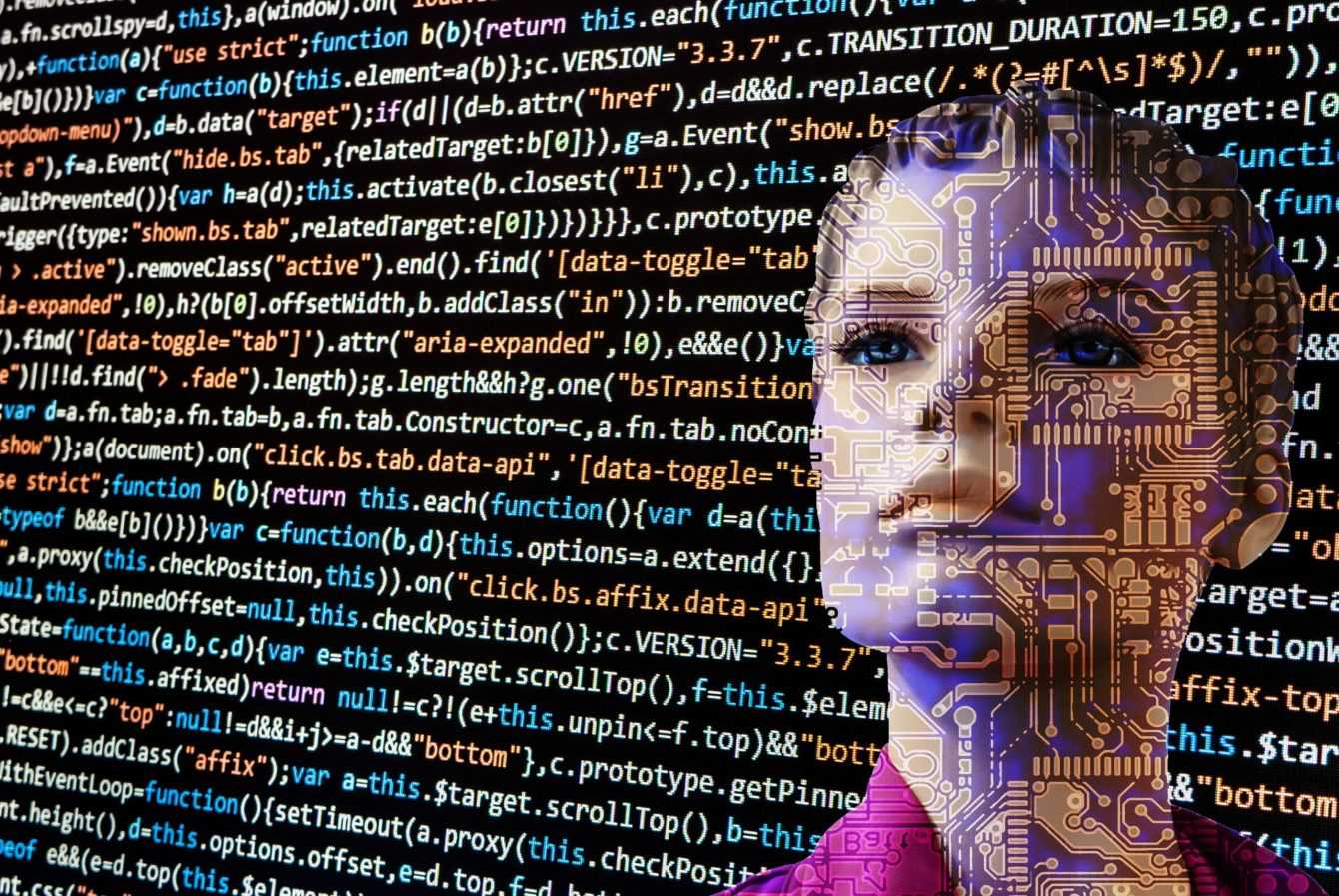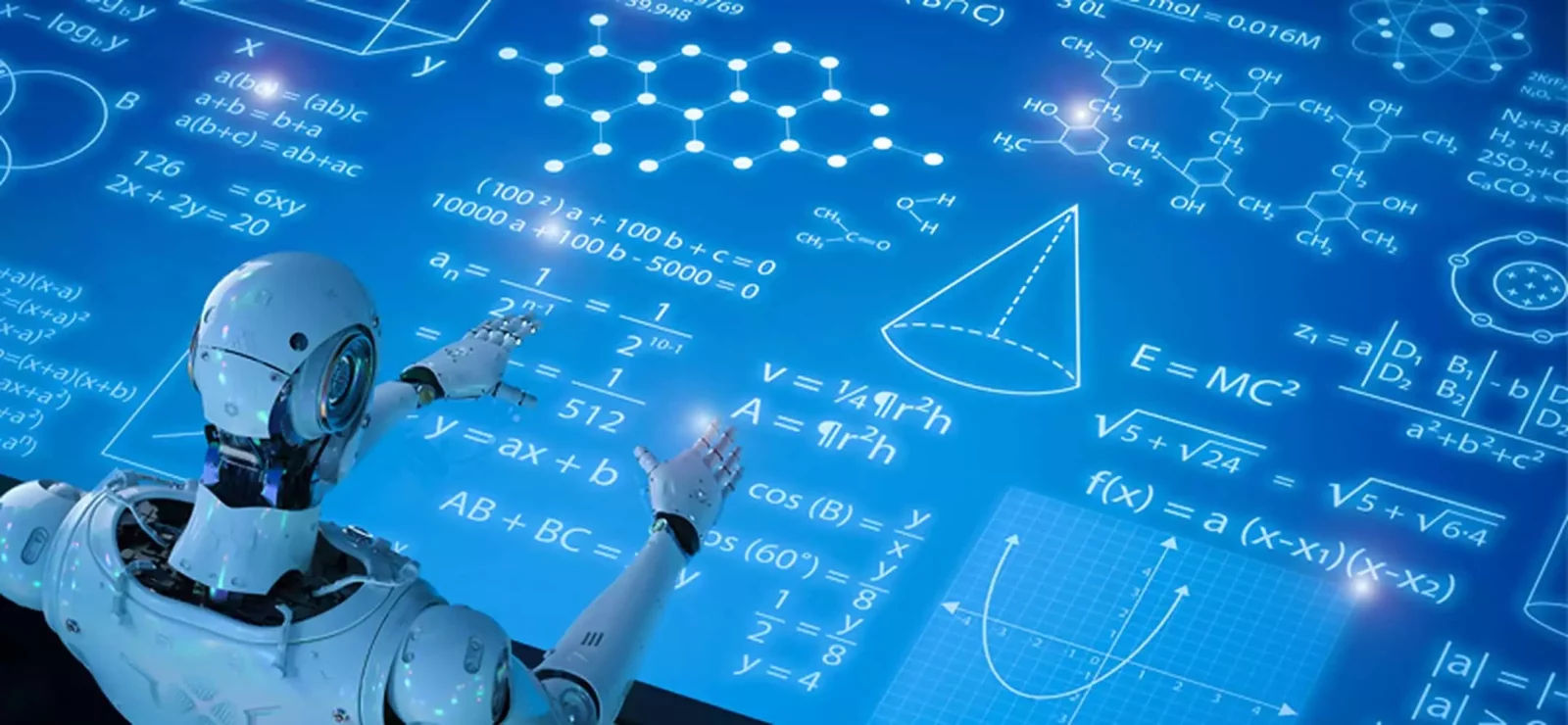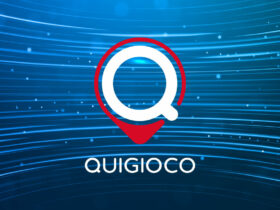This is a thorny question: are you for or against the use of artificial intelligence in schools as an educational resource?
The recent rapid innovation represented by the advent of artificial intelligence is rapidly and significantly changing every area of societyincluding the educational one. The pros and cons of artificial intelligence at school certainly deserve further study, so as to identify the potential of this new technology and also the aspects to pay more attention to.
AI in schools is starting a real revolution in teaching and learning, whose potential and consequences for young people are not yet clear. More and more schools are taking advantage of artificial intelligence: an example of this is Formazionepiù with its scholastic recovery courses in Rome, designed to allow students to fill the gaps in a reasonable time, also taking into account their commitments during the day. In the next paragraphs of this article we will focus on the many advantages of artificial intelligence at school, weighing the many advantages and possible cons.

Artificial intelligence in schools: what will change
There are many pros and cons of artificial intelligence at school and the former, at least for the moment, far outnumber the latter. The need to have educational resources to introduce artificial intelligence at school it is increasingly felt, even more so that the advantages are such as to justify any investment. Having AI in schools, for example, makes it possible to tailor educational materials to the individual needs of each individual student. For example, a student with various learning disabilities can use artificial intelligence to quickly fill the gaps. In short, the pros and cons of artificial intelligence at school need to be seriously analysed, this is because we are talking about a truly exceptional opportunity to improve teaching at every level.
Artificial intelligence in schools: the main advantages
Allocating educational resources to introduce artificial intelligence at school finally means being able to enjoy a wide range of advantages for teaching. In fact, when we talk about the pros and cons of artificial intelligence at school, we can say that the former far outweigh the latter. Teachers can use artificial intelligence to automate all tasks, think of marking tests, thus allowing them to spend more time teaching and interacting with students. Not only that, AI in schools must also act as a support for students with special needs. Already today it is possible to count on a wide range of AI-based tools, designed to help students with disabilities or learning difficulties. Last but not least, allocating educational resources to introduce AI at school allows students to access virtual tutors and educational resources from all over the world, breaking down geographical barriers.
Artificial intelligence at school: the cons
Knowing the actual pros and cons of artificial intelligence in school is the best way to use this technology properly. One of the biggest risks, for example, is that students become too dependent on technology, thereby losing the ability to think critically and independently. Not only that, introducing artificial intelligence into schools also means increasing concerns that are related to the collection and use of student data. To evaluate all the pros and cons of artificial intelligence in school as a whole, one must also deal with the high costs and the progressive reduction of human interaction. In fact, if the AI were not balanced correctly, there would be the risk of reducing human interactions in the classroom, with all the consequences of the case.

Opportunities and threats
In summary, the advantages of artificial intelligence applied to teaching are many. For starters, AI allows students to access a huge amount of information quickly and easily like never before. Another important aspect to consider is that AI is capable of provide personalized answers based on specific needs of each student. When used correctly, AI can help students develop critical thinking, improving problem-solving skills. Not only that, AI allows students to find a wide range of information autonomously and directly at any time.
In conclusion, we can say that artificial intelligence is really full of exciting opportunities for the whole world of education. Once all the pros and cons of artificial intelligence in school have been carefully weighed, it is possible to adopt AI in institutions, but ensuring that the technology is used as a tool to enhance learning, and not as a substitute for interaction and human education. In short, as often happens, technological innovations bring with them many positive potentials, but also some risks which, if underestimated, could represent a long-term problem. The feeling, however, is that when it comes to pros and cons of artificial intelligence at school, the former abundantly outnumber the latter, provided, however, that a prudent approach is adopted and a strong critical spirit is maintained.















Leave a Reply
View Comments